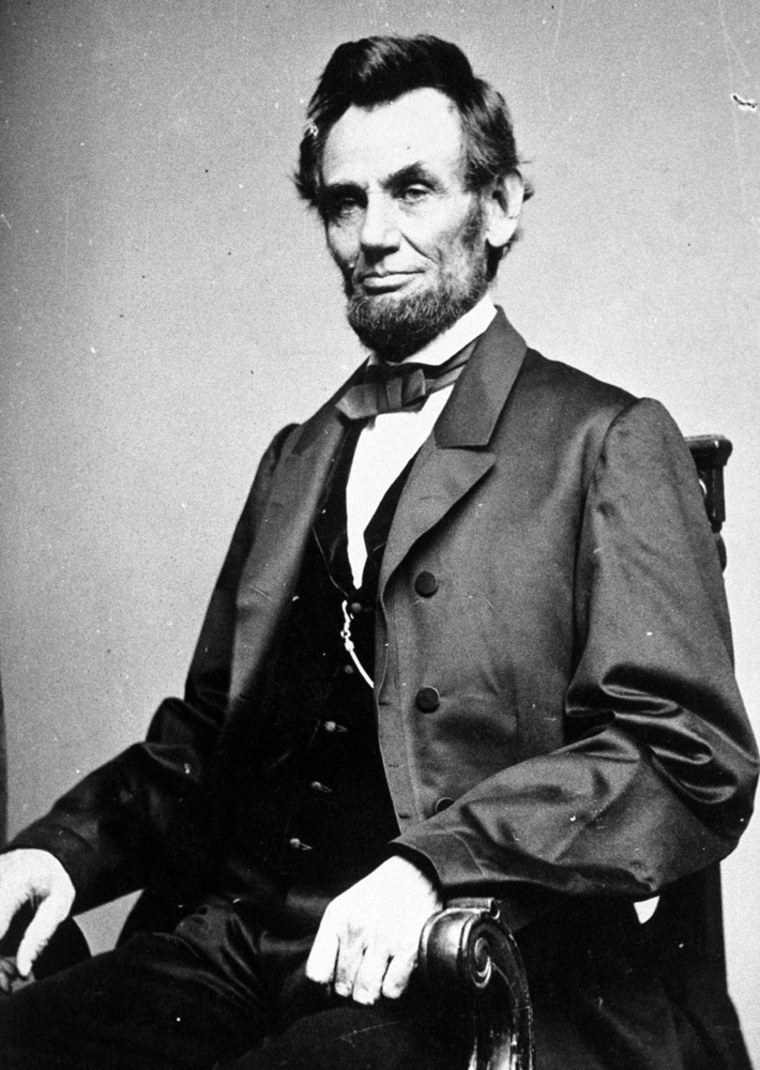A presidential historian has found a poem about suicide that he believes might have been written by Abraham Lincoln.
Richard Lawrence Miller, the author of “Truman: The Rise to Power,” searched every issue of the weekly Sangamo Journal from 1831 to 1842 as part of his research into Lincoln’s life and found an unsigned poem that matched one described by friends of Lincoln.
Miller analyzed “The Suicide’s Soliloquy,” published in an 1838 issue, and concluded that a 29-year-old Lincoln was the author. Miller wrote about his find in the spring 2004 issue of the newsletter of the Abraham Lincoln Association of Springfield.
Lincoln scholars have long known of a suicide poem but had never found it. Some dated the poem to 1841, the year Lincoln suffered from depression after breaking his engagement to Mary Todd. William Herndon, Lincoln’s law partner and biographer, once reported that the poem had been published in the Sangamo Journal but was later clipped out of the only copy he could find.
Possibility is strong, scholars say
After discovering “The Suicide’s Soliloquy,” Miller analyzed it for similarities in meter and style to other Lincoln poems.
Kim Bauer, the Lincoln curator for the Abraham Lincoln Presidential Library and Museum, agreed that the possibility is strong Lincoln wrote the poem.
“The basic sentence structure and the words that are used are certainly well within the parameters that Lincoln wrote a lot of his poetry,” Bauer said.
Tom Schwartz, the state historian, also believes Miller’s theory is plausible.
“We all know that Lincoln had his moods, was a depressive personality,” Schwartz said. “And this lends credence to what ... both his contemporaries and historians generally concede was part of his personality makeup.”
